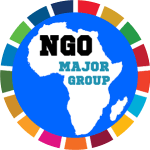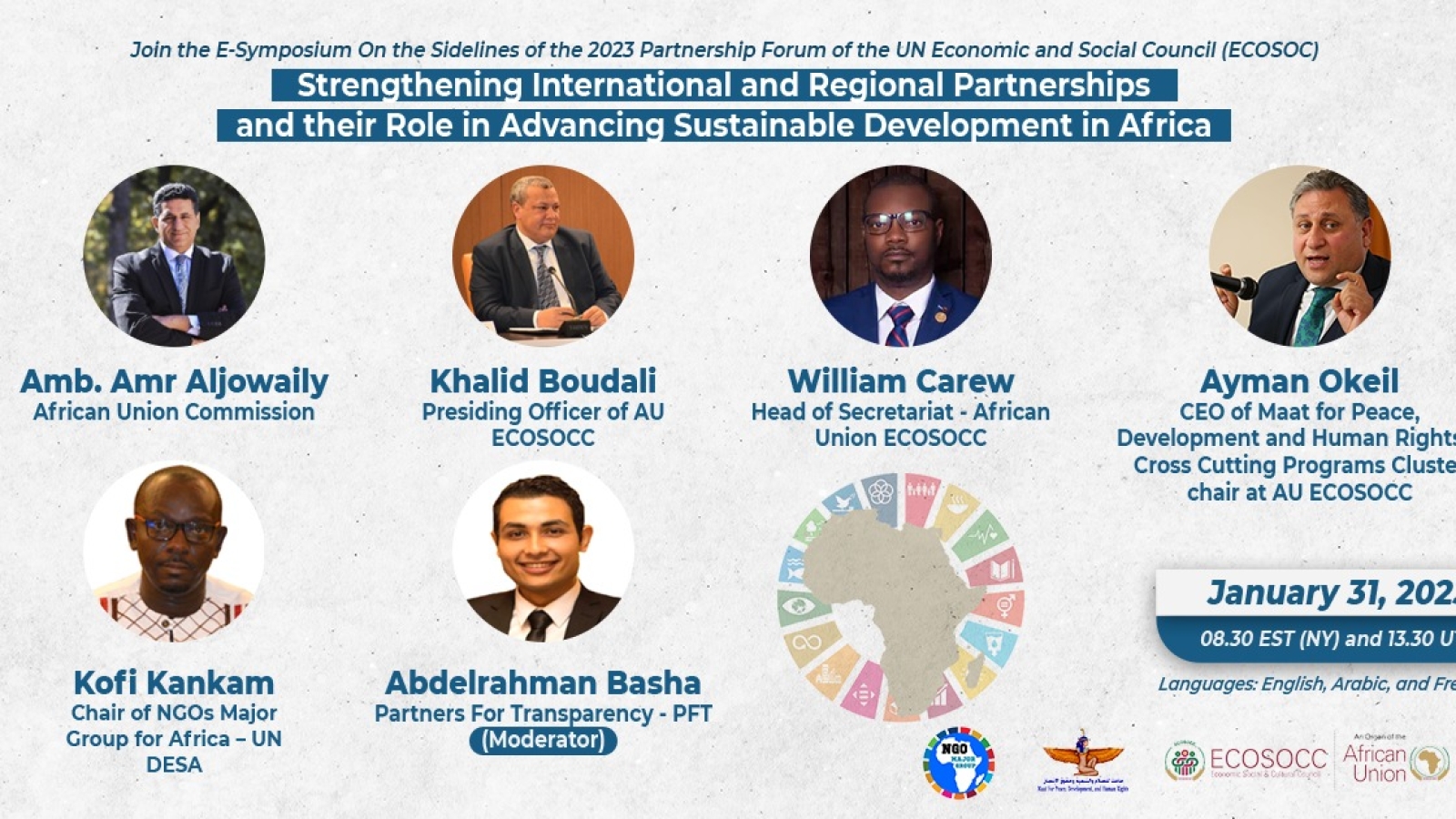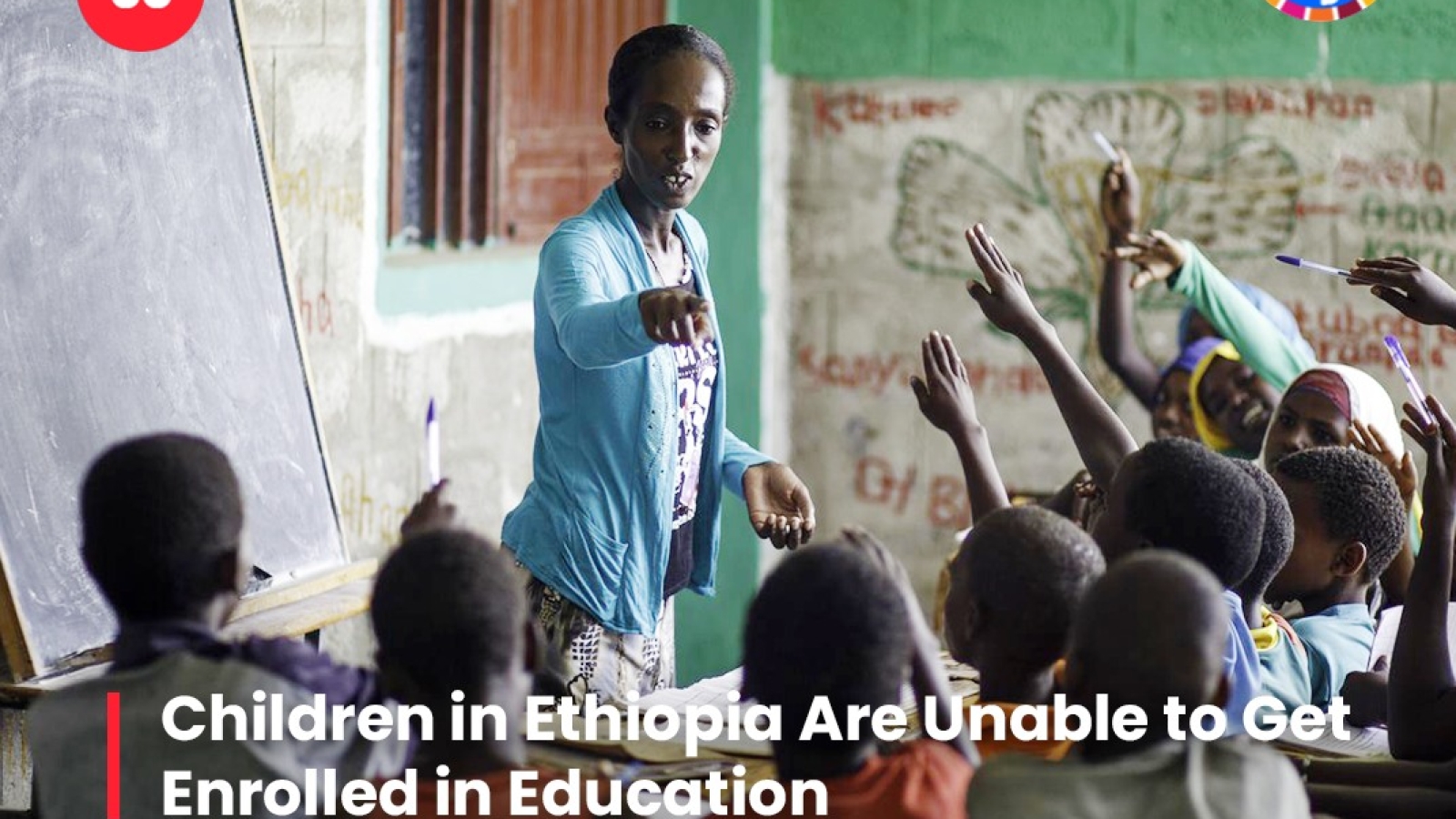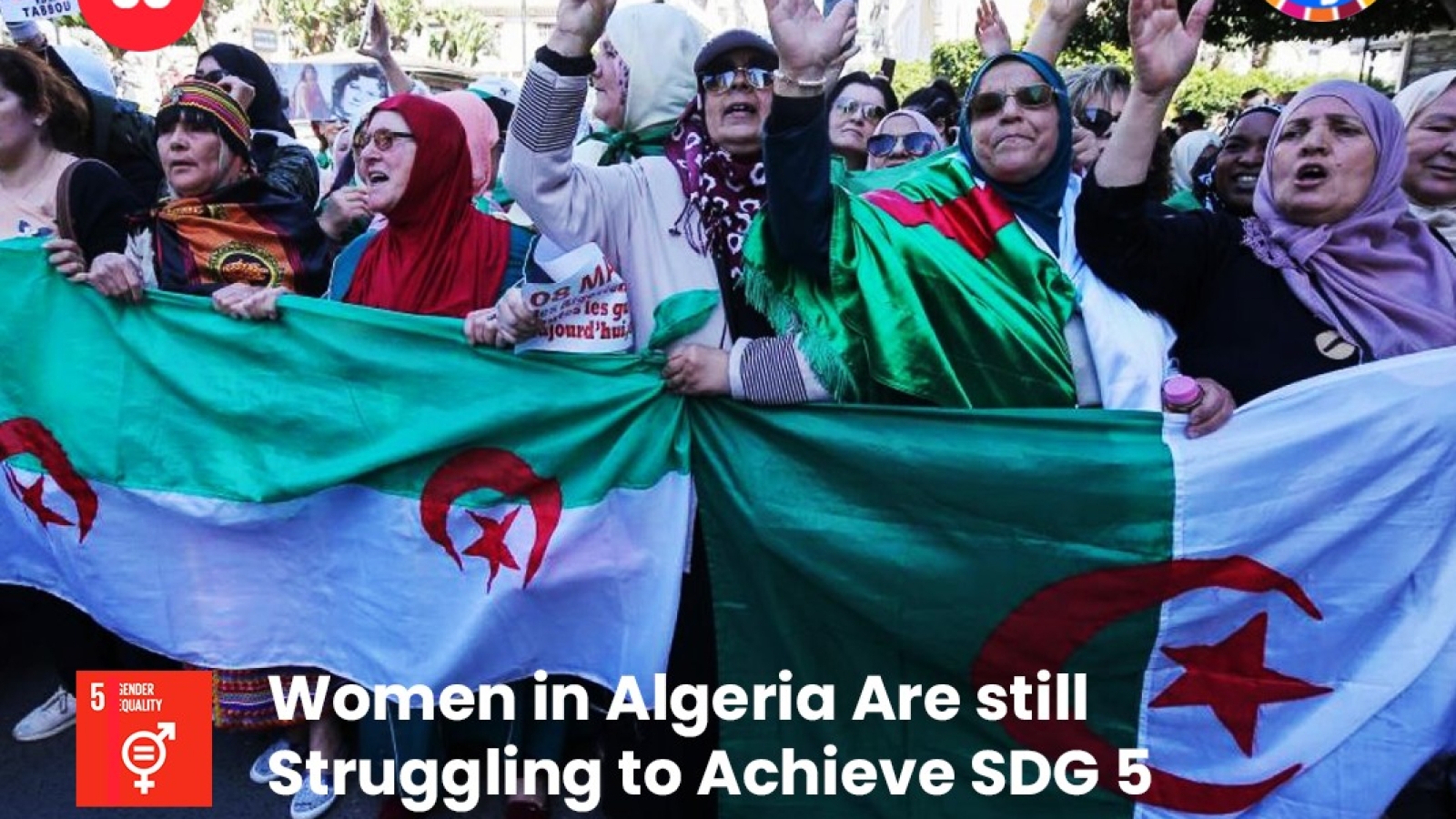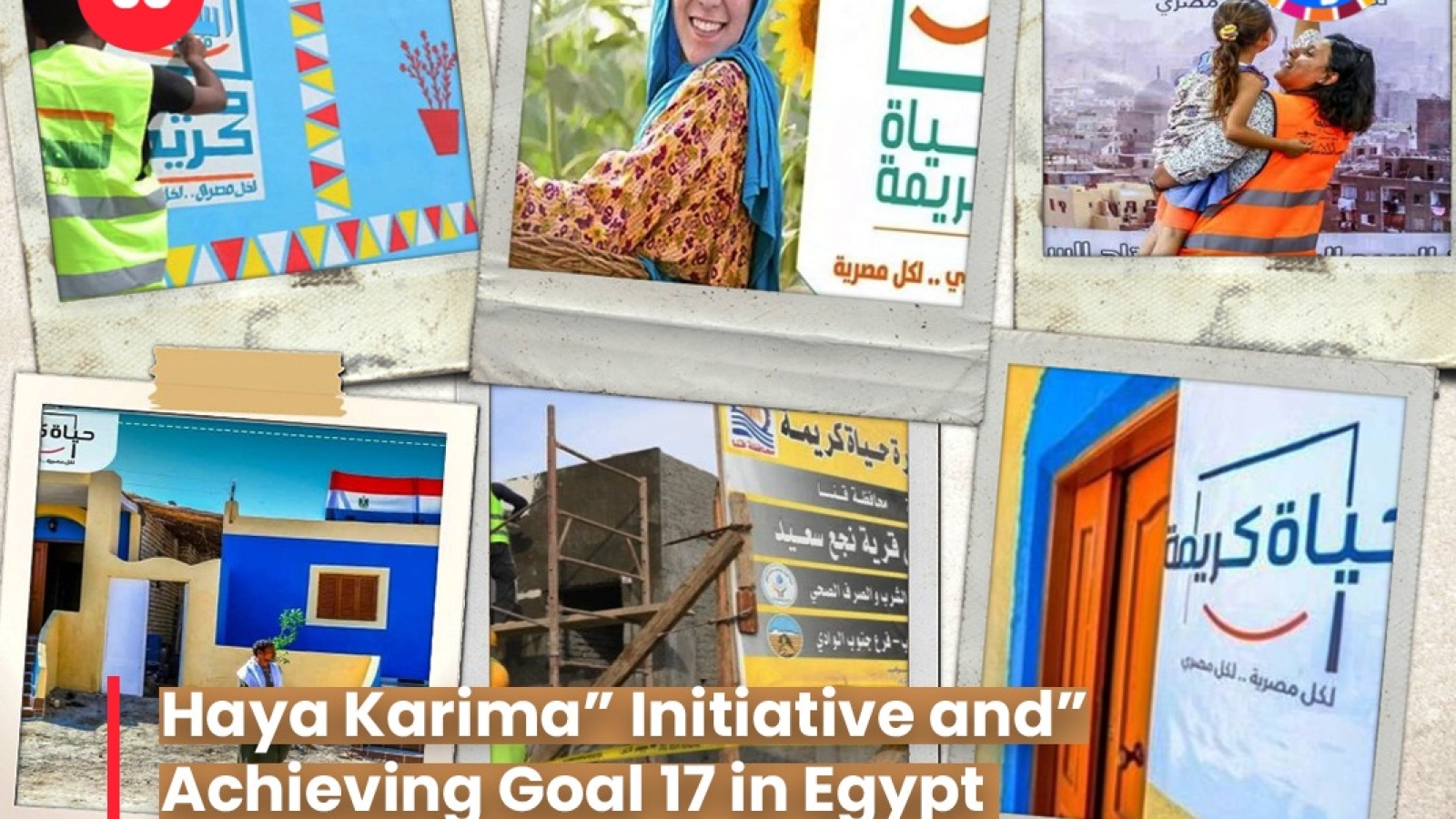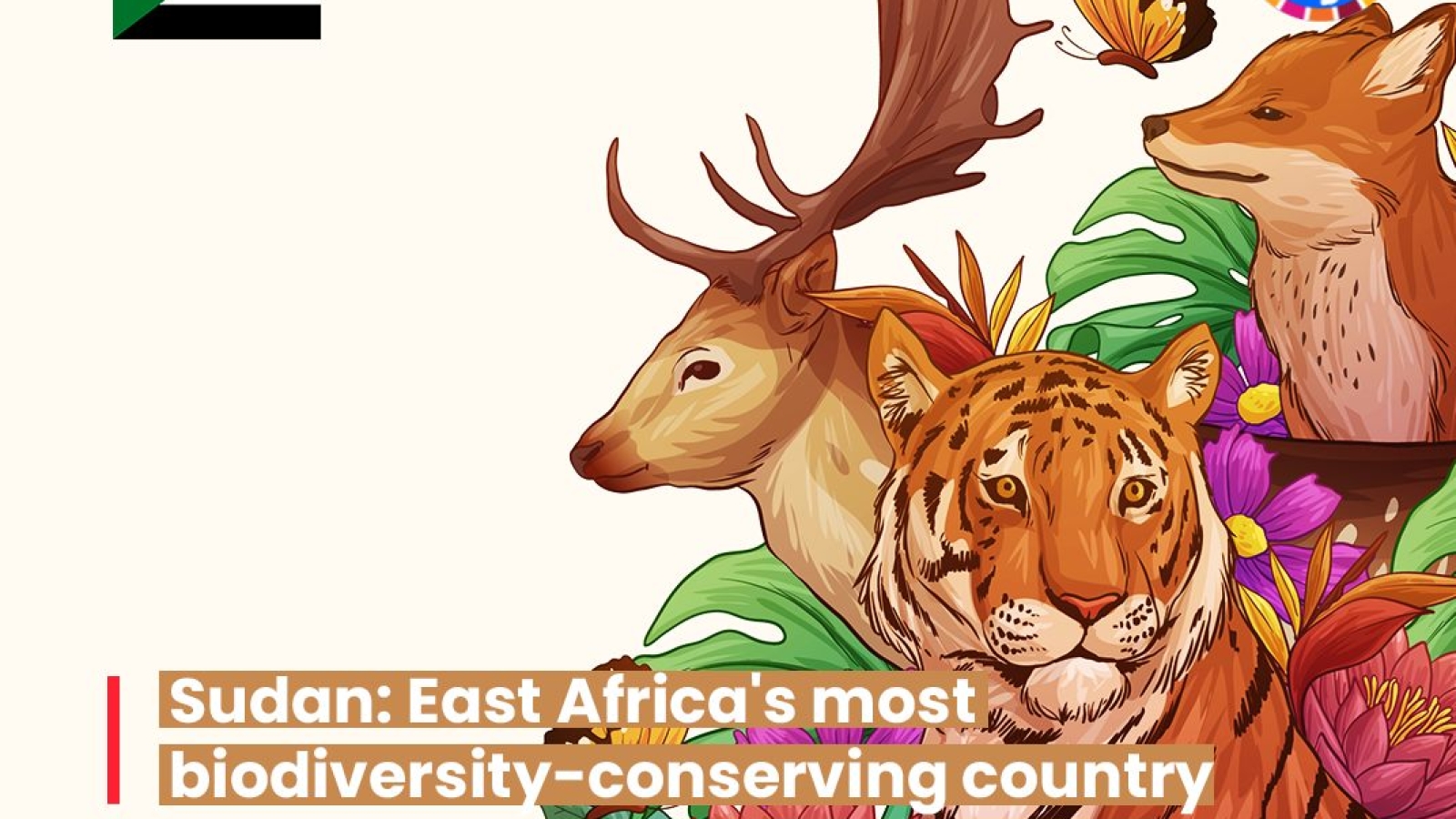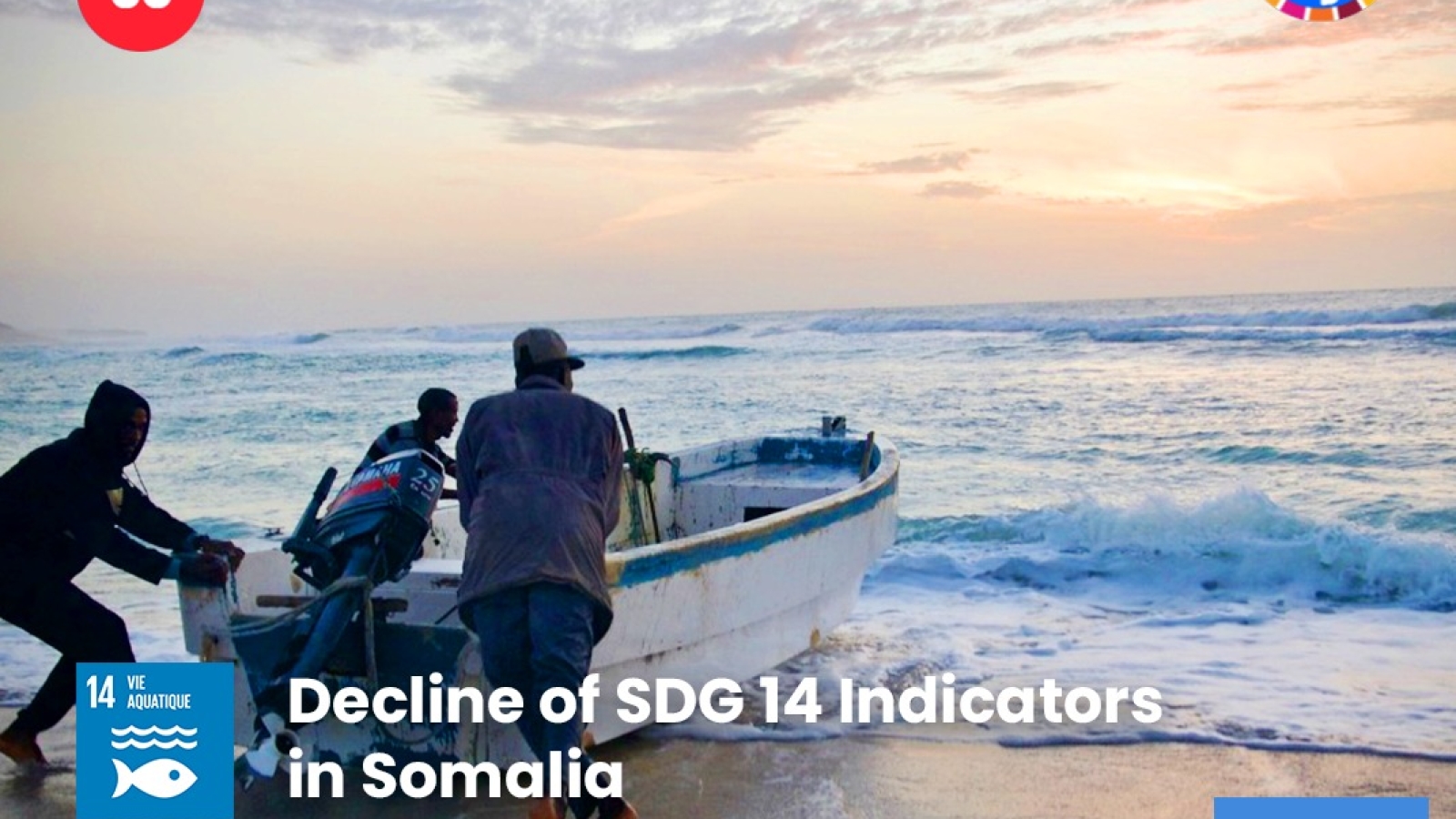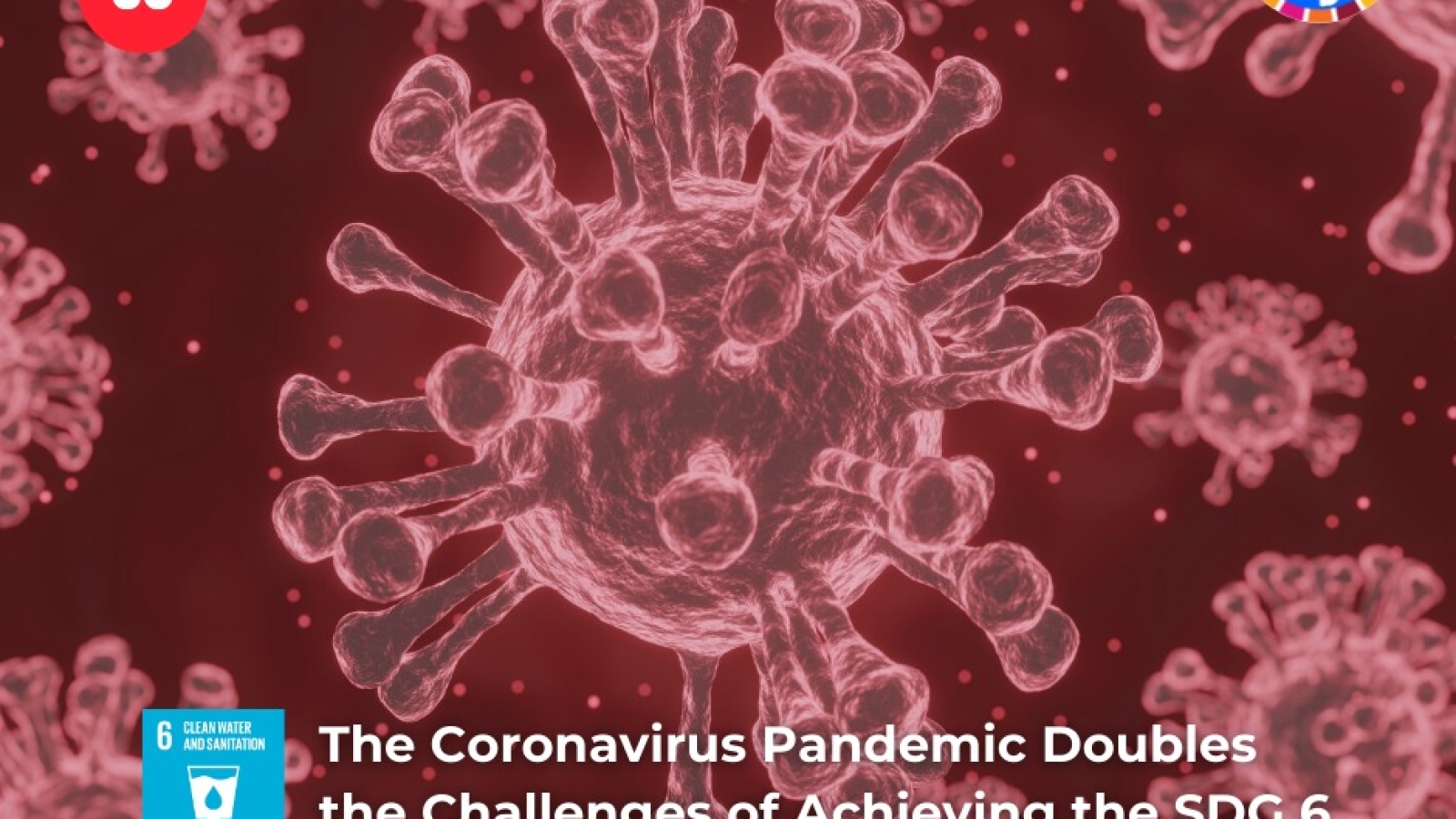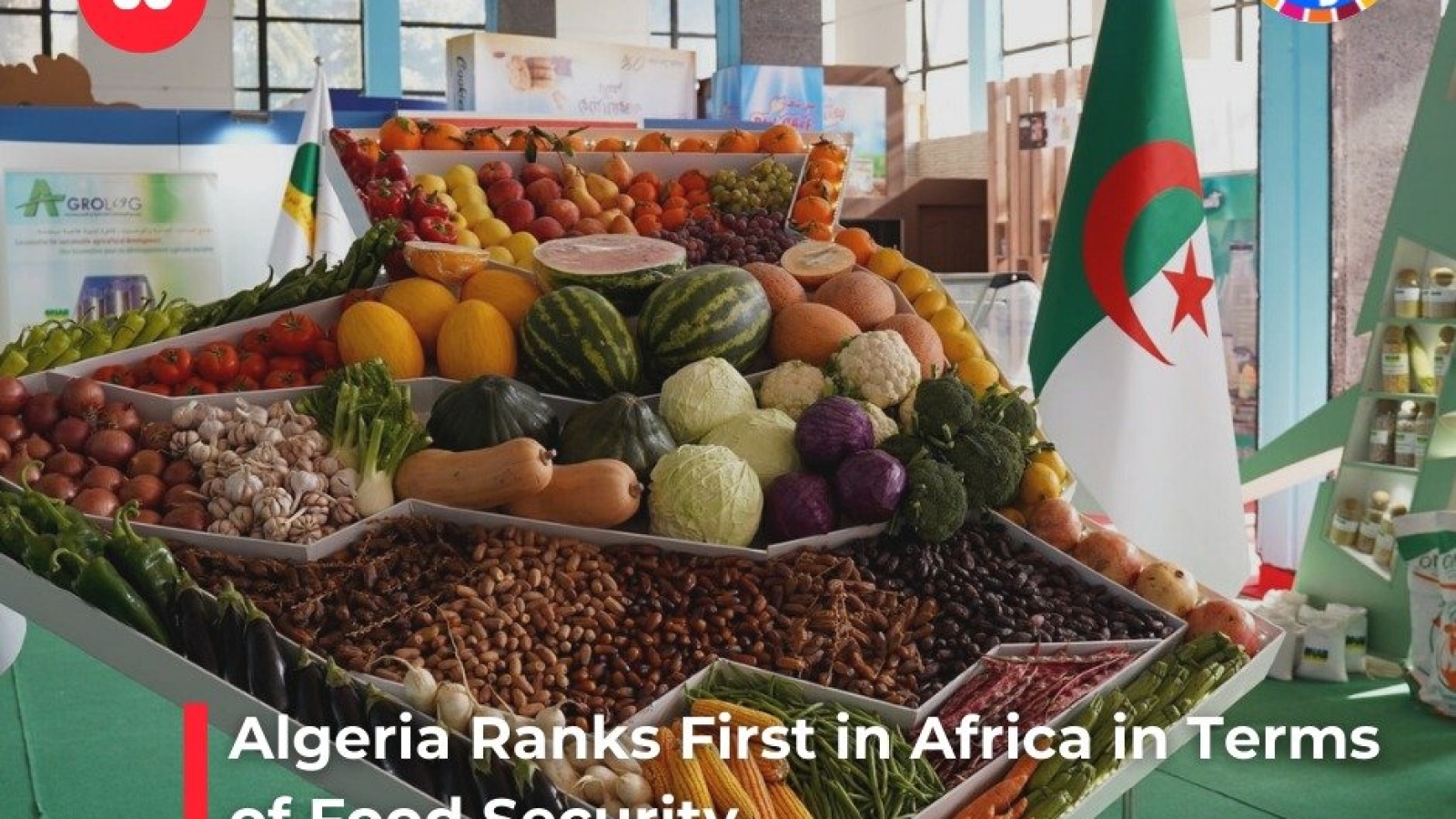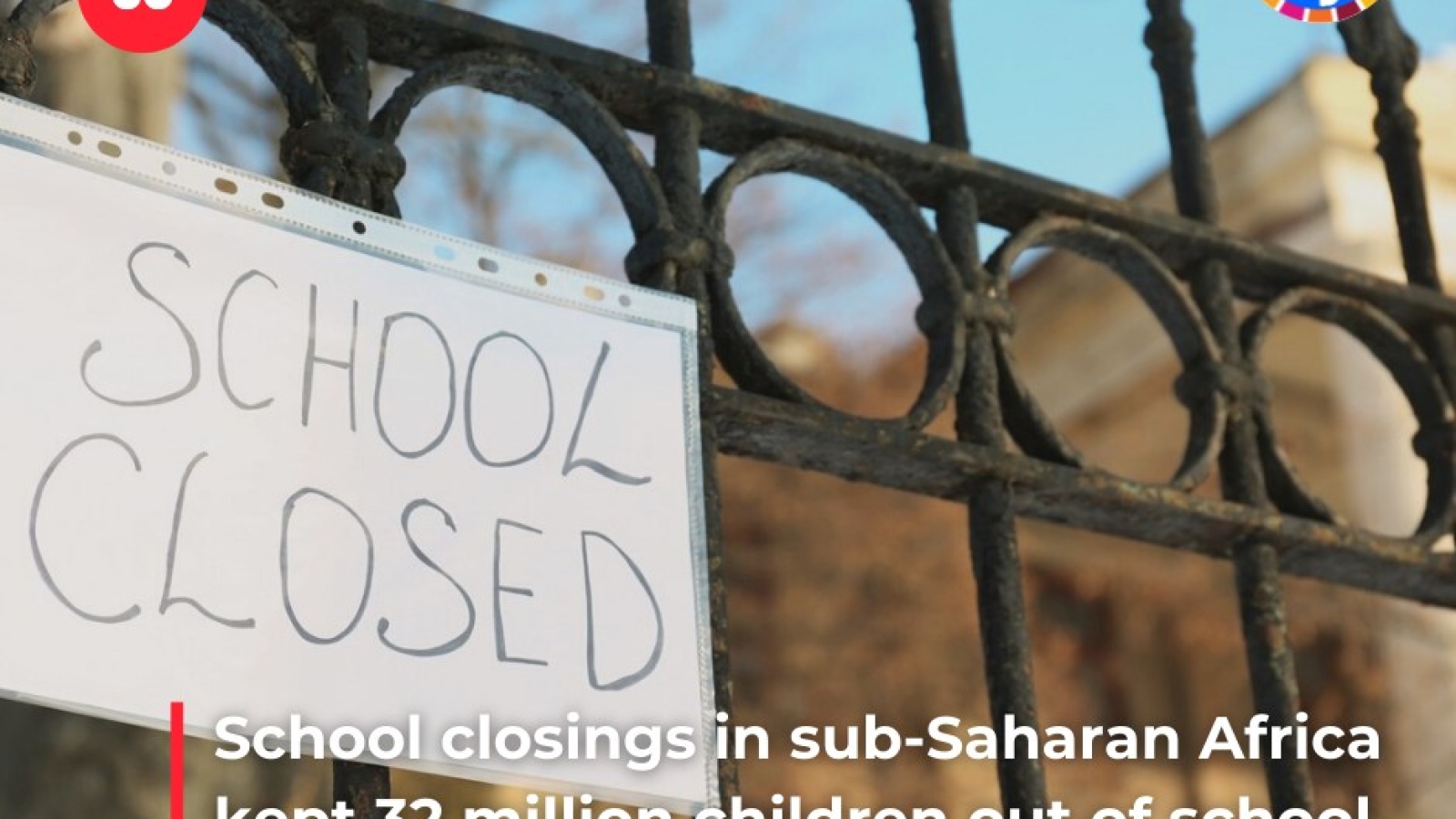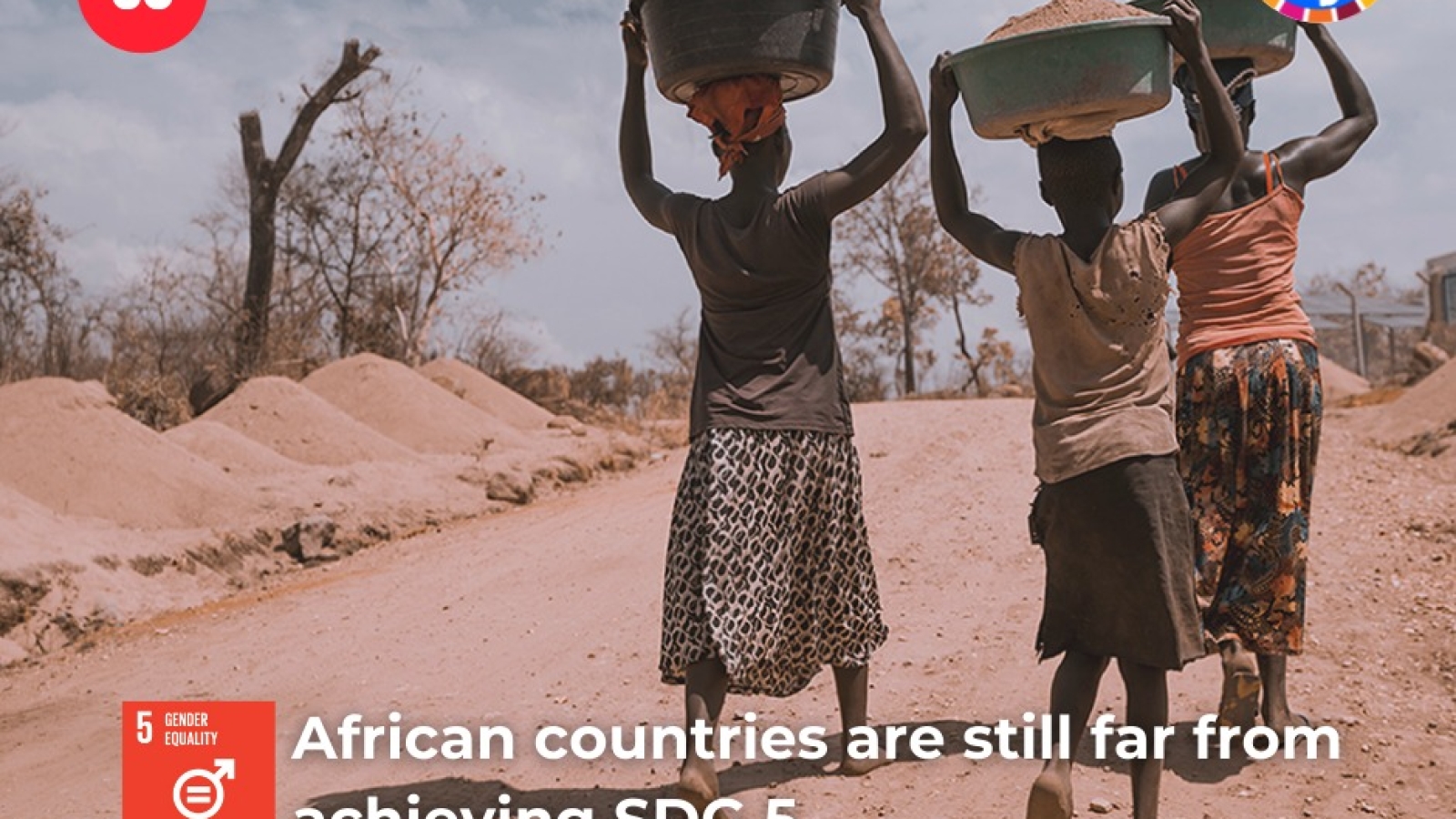Children in Ethiopia Are Unable to Get Enrolled in Education
Many children in Ethiopia suffer from the inability to get enrolled in education because of the deteriorating economic conditions and the severe poverty that a large number of them suffer from. Long distance to school also impede their ability to receive education.
Although Ethiopia has made significant progress in the education sector, 25% of children of official primary school ages are out of school and there is a large disparity between enrollment and dismissal due to economic conditions.
The literacy rate in Ethiopia is 55% among young people, which is lower than the average youth literacy rate in other low-income countries.
In this context, the NGO major group of Africa expresses its concern about the low status of education in Ethiopia and recommends the Ethiopian government to increase government spending on education.
#Towards_Collective_Partnership_For_Sustainable_Africa
#Cooperation_For_Sustainable_Africa
#Sustainable_Future_For_Africa
Women in Algeria Are still Struggling to Achieve SDG 5
“Haya Karima” Initiative and Achieving Goal 17 in Egypt
“Haya Karima” Initiative and Achieving Goal 17 in Egypt
Egypt succeeded in achieving SDG 17 through launching Descent Life “Haya Karima” initiative, amidst exceptional circumstances the world is going through as a result the Covid-19 pandemic, asserting that Egypt is on the right path towards implementing the global goals.
The government launched this initiative to improve the lives of millions of poor families in rural areas across Egypt, so that they are transformed into sustainable rural communities that meet all development needs within three years.
In this context, the NGO major for Africa appreciates the efforts of the Egyptian government to enhance the mobilization of domestic resources in order to achieve the SDGs, commends its partnerships with various parties, which are in line with SDG 17 and recommends the Egyptian government continue to launch its national initiatives and programs in order to improve the quality of life and achieve 2030 Agenda.
#Towards_Collective_Partnership_For_Sustainable_Africa
#Cooperation_For_Sustainable_Africa
#Sustainable_Future_For_Africa
Sudan: East Africa’s most biodiversity-conserving country
Sudan: East Africa’s most biodiversity-conserving country
Sudan remains a balanced environment capable of embracing endangered species. Target 5 of SDG 15, which has to do with taking urgent and significant action to reduce the degradation of natural habitats, halting the loss of biodiversity and, by 2020, protecting and preventing the extinction of threatened species. The Red List Index (RLI) of threatened species scored 0.9 (0 is worst -1 is best), which is a very high percentage.
Target 3 of SDG 15, which has to do with combating desertification, restoring degraded land and soil, including land affected by desertification, drought and floods, and striving to achieve a land degradation-neutral world, two-thirds of northern Sudan is affected by desertification. Land affected by desertification is confined to areas between latitudes 10-18 degrees north, comprising 51% of the total country’s area.
In this context, the NGO major group of Africa appreciates the Sudanese efforts to preserve biodiversity, but it is concerned about the increase of lands that suffer from desertification, and recommends the Sudanese government, especially the Ministry of Environment, to launch strategies related to protecting life on land, especially combating desertification and degraded lands.
#Towards_Collective_Partnership_For_Sustainable_Africa
#Cooperation_For_Sustainable_Africa
#Sustainable_Future_For_Africa
#HLPF2022
The Coronavirus Pandemic Doubles the Challenges of Achieving the SDG 6
The Coronavirus Pandemic Doubles the Challenges of Achieving the SDG 6
Mali is suffering from many troubles including political instability, rampant violence carried out by armed groups, as well as the scourge of undemocratic transitions. In addition to the above, the pandemic represented a major challenge for the population in Mali, especially with regard to the goal of access to clean water, with about 40% of the population suffering from limited access to improved sources of water, and displacement in conflict-affected areas of Mali has limited migrants’ access to clean water and sanitation services, impeding the achievement of SDG 6.
In this framework, the NGO Major Group-Arica expresses its concern about the effects of the Coronavirus pandemic on people’s access to clean water and recommends Mali to work on improving infrastructure as well as achieving SDG 6, especially facilitating access to healthy and clean water for all, by developing national plans aimed at equitable access to water.
#Towards_Collective_Partnership_For_Sustainable_Africa
#Cooperation_For_Sustainable_Africa
#Sustainable_Future_For_Africa
Algeria Ranks First in Africa in Terms of Food Security
Algeria Ranks First in Africa in Terms of Food Security
Algeria ranked first in Africa and fifty-four globally in the Global Food Security (GFS) Index 2021 among a list of 113 countries. Thus, Algeria’s ranking improved by obtaining 63.9 points out of 100, or 77.9 points in terms of utilization, 58 points in terms of abundance, 62 points in the quality and safety of food, and finally 50.7 points for natural resources and resilience. It is worth noting that Algeria has recorded an upward curve since 2019 in the field of food security.
In this framework, the NGO Major Group-Arica is following up on the positive efforts made by Algeria to eradicate poverty and achieve the SDG2 and recommends the Algerian government to share its successful experience with other African countries, especially those suffering from double challenges in terms of achieving food security.
#Towards_Collective_Partnership_For_Sustainable_Africa
#Cooperation_For_Sustainable_Africa
#Sustainable_Future_For_Africa
School closings in sub-Saharan Africa kept 32 million children out of school
School closings in sub-Saharan Africa kept 32 million children out of school
Children in sub-Saharan Africa is under siege from all directions since the advent of the COVID-19 pandemic. School closings came at an enormous cost to children and youth in Africa. Mid-year school closures due to COVID-19 surges kept 32 million children (roughly 40%) out of school in Southern and Eastern Africa, on top of the estimated 37 million children who were out of school prior to the pandemic.
Also, children across all regions in SSA faced significant challenges in accessing and benefiting from distance learning, learning technologies, and materials, especially in the rural areas and conflict areas.
In this context, NGOs Major Group for Africa expresses its concern about the high school drop-out rate of children in sub-Saharan Africa. And assures that sub-Saharan African governments must hurry up to set of development policies to improve education, as education rates contribute to eradicating poverty and reducing unemployment rates.
#Towards_Collective_Partnership_For_Sustainable_Africa
#Cooperation_For_Sustainable_Africa
#Sustainable_Future_For_Africa
African countries are still far from achieving SDG 5


